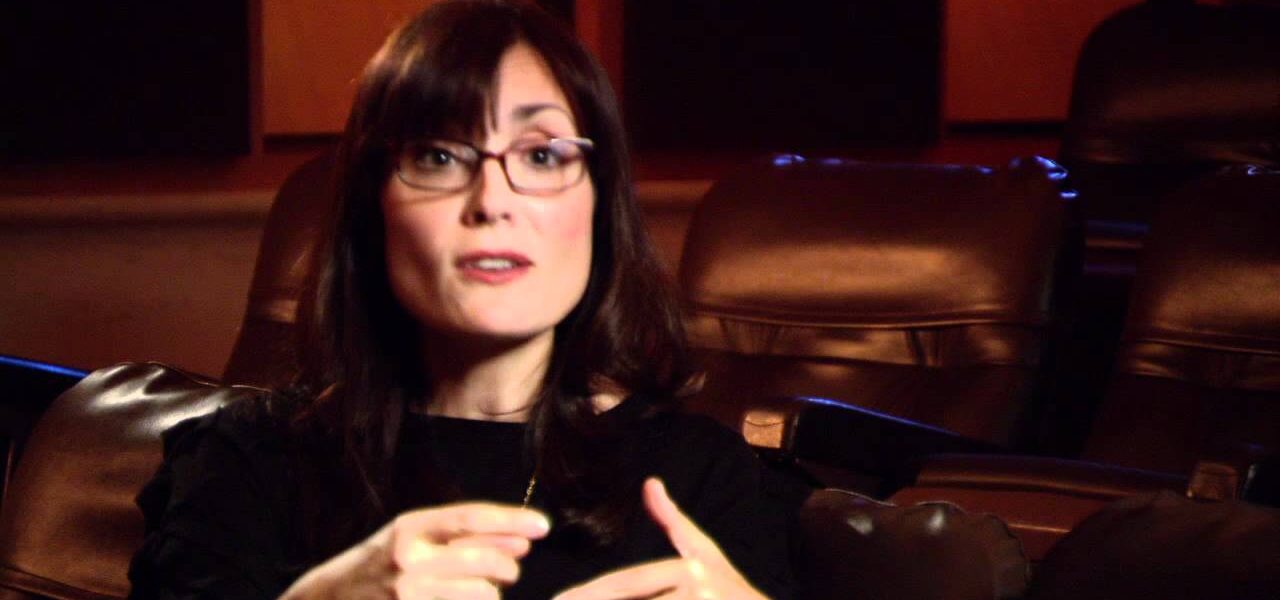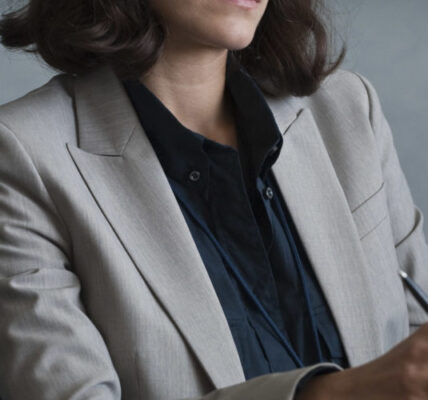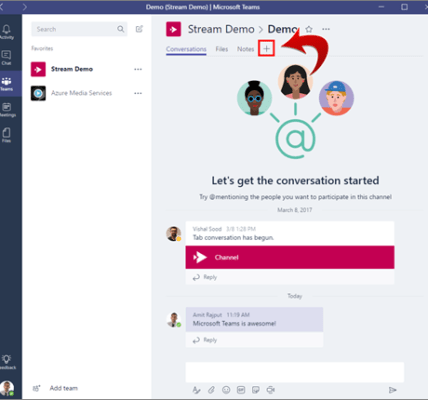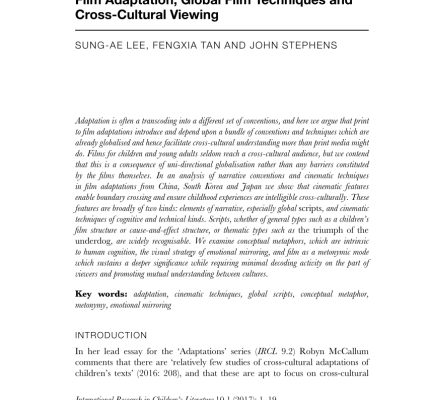After a brief stint in entertainment law, Texas-born Sarah Aubrey broke into production on the irreverent Bad Santa (2003), working alongside Bob Weinstein and Coen brothers regular John Cameron (with the Coens themselves as executive producers). Her second production, Friday Night Lights (2004), marked the beginning of a long partnership with writer/director/actor/producer Peter Berg, with whom she has since co-founded Film 44, a company that develops and produces projects for film and television. Her feature productions have included The Kingdom (2007), Lars and the Real Girl (2007), The Losers (2010) and this year’s Battleship, as well as TV productions of Friday Night Lights (2006–11), Trauma (2009–10), the American version of Prime Suspect (2011–12) and the forthcoming documentary, On Freddie Roach.
From the producer’s perspective, are the challenges presented by television different from those of cinema?
With television, every fall you have writers working on new scripts for you, and if they get picked up and go to series you’ve got to produce 22 1-hour pieces of content, and so just the speed and the volume of that is fun and liberating—but, at the same time, you don’t have the luxury to marinate on something. Whereas with a film, we do so much homework before we ever set foot on a set. For Battleship, for example, we’ve done an incredible amount of pre-visualisation, and we’ve had scores of meetings with our crew about how to actually shoot on a Navy destroyer, and obviously we’ve rehearsed with the actors. That is rewarding in a different way.
As a board game, Battleship basically comes with no plot or characters of its own; is this a liberating dream to develop for the screen, or a producer’s nightmare?
There was one core idea that Hasbro talked to us about, which was why the game has resonated and been a best-seller for years: this idea of hunting in the dark, where you can’t see your enemy, and as soon as you do identify your enemy and figure out where they are, there’s this race to destroy each other as quickly as possible in the most violent way imaginable. They didn’t mandate that we incorporate this idea but, well, it’s cinematic, and that should be the underpinning of something fun for a movie—we’ve definitely taken the spirit of that. People say, ‘Oh, a movie based on a board game, Hollywood’s out of ideas, that’s so bankrupt creatively!’—but it has been the single most creative experience we’ve had because it is world creation and character creation from zero. There is no roadmap at all, you just have to create everything from scratch, which is liberating but also a lot of work.
Do you prefer working on big FX extravaganzas like Battleship or on your more intimate productions like Bad Santa and Lars and the Real Girl
In the last six months, while we’ve been finishing Battleship we’ve also been producing a documentary series for HBO on boxing trainer Freddie Roach which is shot in very strict cinéma vérité style. The production of these two pieces of creative content could not be more different. I think the entire budget for On Freddie Roach is maybe two days’ shooting on Battleship, but it was very fun to toggle between the two, and I think, good for us mentally, keeping us sharp, to go down and have to be very scrappy and resourceful in our storytelling in some respects. And I don’t mean just On Freddie Roach, because sometimes on Battleshipyou have to be practical about the cost of FX or the best way to realise a scene. So I think it was great for us to have those two kinds of creative experiences going on at once, and to enjoy them both equally.
You’re a female producer in a largely male-dominated industry; do you ever feel outnumbered?
I think that I have so many great guys that I work with and that are huge supporters of mine. I mean I have truly really good friends—obviously I’m very close with Pete and our fellow producer on Battleship is Scott Stuber who we also made The Kingdom with, and I have great agents that help us in film and television, so there are a lot of very big personality males that I work with day in day out, and I frankly enjoy it. I don’t even really think about it any more in the sense of the male/female dynamic because I’ve earned my spot at the table and am treated accordingly, so it doesn’t come into play as much. There are moments when I’m on a set like Battleship and it is literally like 200 men and 5 women and it does seem to be a little uneven, and I do, from time to time, wish my world was a little broader, but I think the way that I’ve dealt with that is by working in television with awesome women too—everyone from [fellow producer] Alex Cunningham on the Prime Suspectreboot to the great female writer Liz Heldens that I work with a lot—so I actually have a pretty balanced workload.
A lot of the films that you’ve produced might be deemed rather masculine in their orientation and appeal. What draws you to these kinds of projects?
We started this company doing Friday Night Lights, and what we liked about that was putting characters in these very extreme moments where they had to show who they are, and I think Pete’s specialty as a director is groups of men in these kinds of larger-than-life situations, like in The Kingdomthe group of FBI agents—and of course Jennifer Garner—doing this murder investigation. Those are the things he gravitates towards—but I do too as a storyteller because they’re all extreme situations where big emotions come into play, and that’s what makes for something cinematic, in my opinion. •












